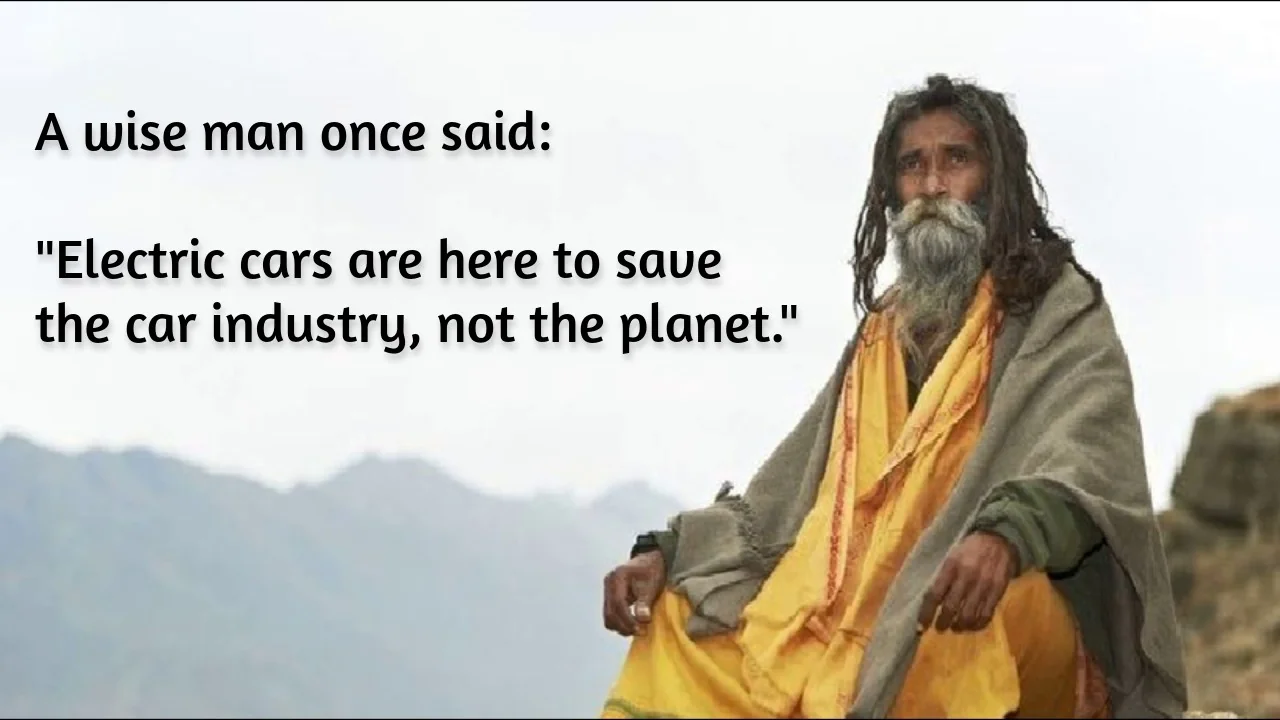Fuck Cars
A place to discuss problems of car centric infrastructure or how it hurts us all. Let's explore the bad world of Cars!
Rules
1. Be Civil
You may not agree on ideas, but please do not be needlessly rude or insulting to other people in this community.
2. No hate speech
Don't discriminate or disparage people on the basis of sex, gender, race, ethnicity, nationality, religion, or sexuality.
3. Don't harass people
Don't follow people you disagree with into multiple threads or into PMs to insult, disparage, or otherwise attack them. And certainly don't doxx any non-public figures.
4. Stay on topic
This community is about cars, their externalities in society, car-dependency, and solutions to these.
5. No reposts
Do not repost content that has already been posted in this community.
Moderator discretion will be used to judge reports with regard to the above rules.
Posting Guidelines
In the absence of a flair system on lemmy yet, let’s try to make it easier to scan through posts by type in here by using tags:
- [meta] for discussions/suggestions about this community itself
- [article] for news articles
- [blog] for any blog-style content
- [video] for video resources
- [academic] for academic studies and sources
- [discussion] for text post questions, rants, and/or discussions
- [meme] for memes
- [image] for any non-meme images
- [misc] for anything that doesn’t fall cleanly into any of the other categories
Recommended communities:
view the rest of the comments

Because in our current state with everything built around cars, creating a train system to accommodate it all is nearly impossible. Trains work great in a downtown, or centralized area. They are very difficult to build to accommodate our 1x1 grid system that cars use. Or at least that's my perception of it. Even if the system could be built, it'd have to be manned, it'd have to travel to certain areas at certain times to account for jobs. And it becomes increasingly unwieldy the more requirements you add to it. I wish things had built up along a sustainable train systems instead of cars, but placing a train system in to replace the decentralized nature that cars introduce is a monumental and perhaps untenable task.
It needs some sort of supergrid. Like every 2x2 you can go across and down but in the middle is a train line.
Then it justs needs high density near the stations and park and ride. If anything it's easier on a grid system it's harder on an old European style city where this is only one road winding though buildings.
That's the starting point and everything can go from there.
It isn't harder in an old european style city. It is just not possible without reclaiming space from cars. But that is impossible to imagine for car brains.
Surtaining car centric infrastructure is an impossible task. There is no counterpoint.
We built a nationwide train system in the early 1800s with labor that barely spoke English and it transformed the American frontier forever. It's not impossible- it's not even particularly hard.
Building a train system to connect a few cities across an undeveloped nation is infinitely easier than supplanting an established local road system. I'd go so far as to say replacing the current interstate system would be easier than replacing all local infrastructure that was built up around cars. Live outside a big city and see how communities and businesses are structured. Now think of the logistics involved in ensuring all of that continues to have access. Not to mention you have to convince the general population that they are going to have to walk a lot more and good luck convincing families with multiple children that have multiple places to be at nonstandard times.
It's just one of those areas that is incredibly hard to replace. Maybe it isn't impossible. And that'd be great. But beyond the hurdle of the task itself you have to find a way to get mental and community buy in. It can't be forced on everyone.